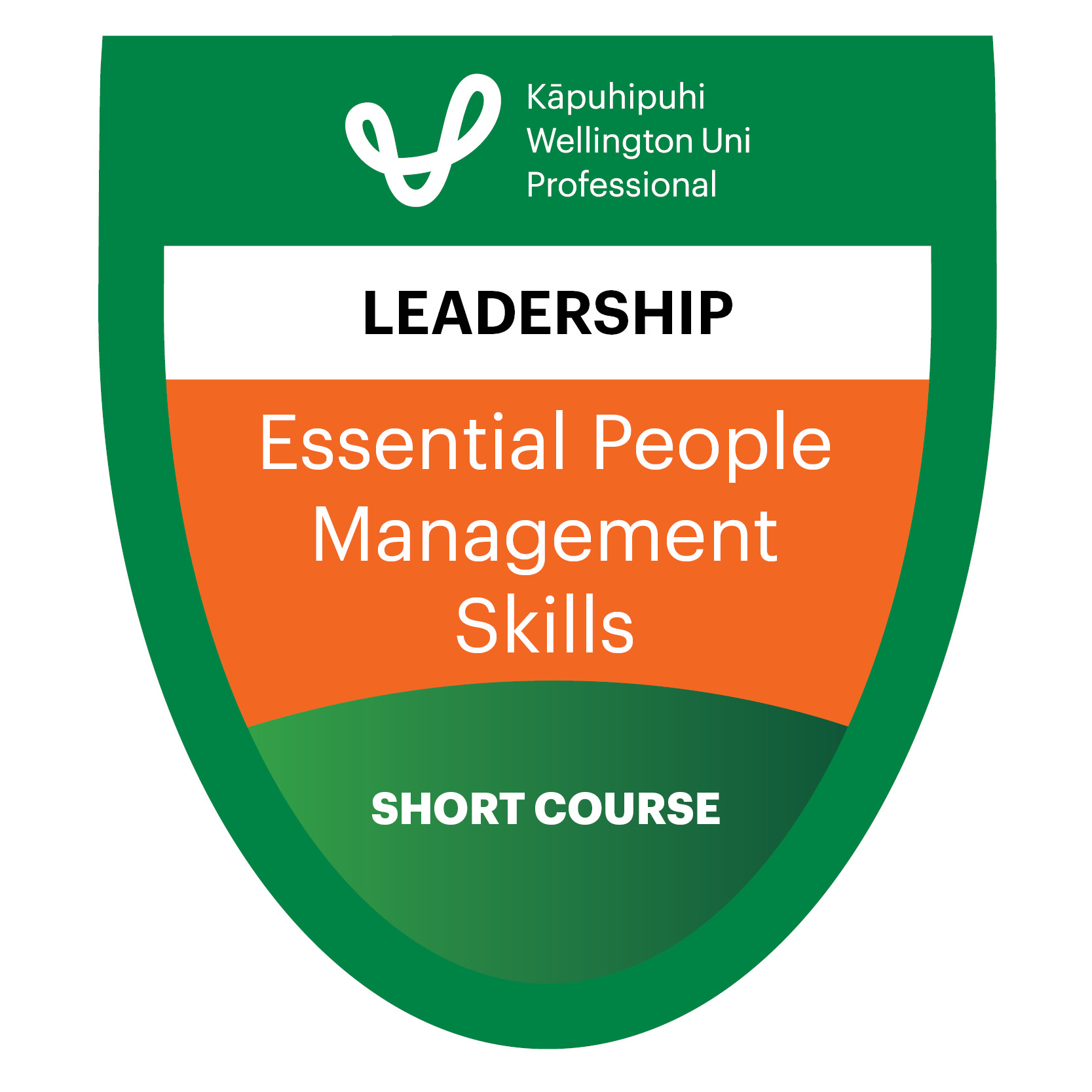Driving People Performance: Essential People Management Skills
Enable people to thrive and perform at their best

Course overview
In this dynamic, hands-on one-day workshop, you’ll experience a fresh approach to people management.
This course offers a complete toolkit of essential skills designed to enhance team performance, productivity, and wellbeing. Working in small groups, you’ll dive into proven strategies and share insights with others, gaining practical experience that’s immediately applicable in your workplace.
Designed to be both practical and impactful, the workshop provides a safe space to test out strategies and equips you with the skills to adapt these tools to your team’s unique challenges and culture. By the end, you’ll be prepared to manage and support people with confidence, setting your team up for success.
In partnership with
.jpg)

What you'll learn
- More about your own communication style and how to leverage your natural strengths
- More about the people you manage – how they work best and what might cause them stress
- What stage your team is at, and a number of specific actions to move it towards high performance
- What it takes to build trust – the foundational principle of effective teamwork
- How to set people up for success even when working remotely
- A simple structure for supporting and developing people’s performance through setting clear expectations
- An easy conversation structure to regularly “check in”
- Key principles of giving and receiving feedback so people can hear it and are willing and able to change behaviour
- Effective strategies for managing your own workload
Course Topics
- Merrill & Reid Social Style model – gain valuable insights into how you manage people and understand what they most need from you
- Enabling performance – know your role in observing, assessing, giving feedback and coaching your team members.
- Managing your own workload – learn a simple way to delegate to free up your time and allow others to expand their skill.
- Setting goals – be clear on what your team needs to achieve.
- Tuckman’s Team stages model – consider what stage your team is at, and what it will take to move them towards “high performance”
- Setting expectations – ensure all your team members are clear on what is expected of them and find out what they expect from you.
Further Information
Format
This course is delivered as a full-day in-person workshop at our Wellington venue. It includes a mix of facilitator-led sessions, small-group exercises, and whole-group discussion. Group size is limited to 16 participants to ensure meaningful interaction and personal feedback. Morning tea, lunch, and afternoon tea are provided to support networking and collaboration.
What You'll Receive
You will receive a digital certificate of attendance and a Wellington Uni-Professional digital badge. These include the Continuing Professional Development (CPD) hours completed, making them suitable for recognition by professional organisations and employers.







